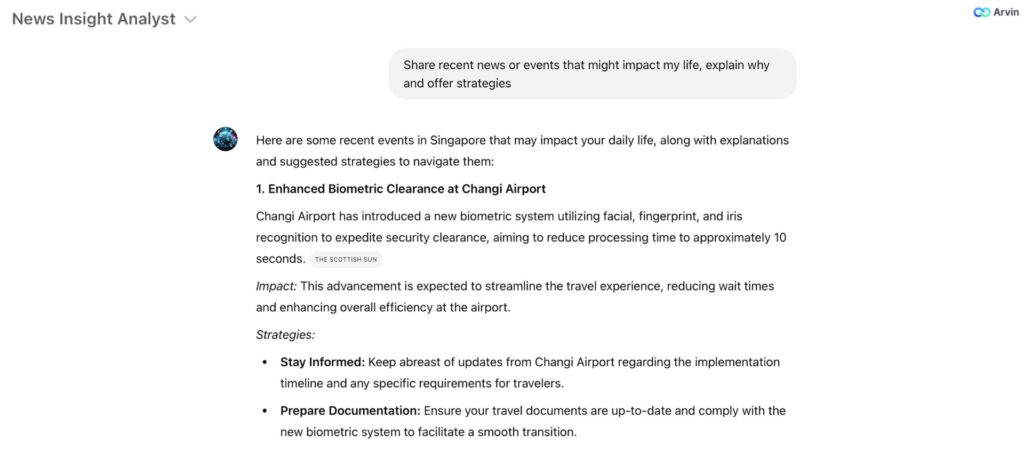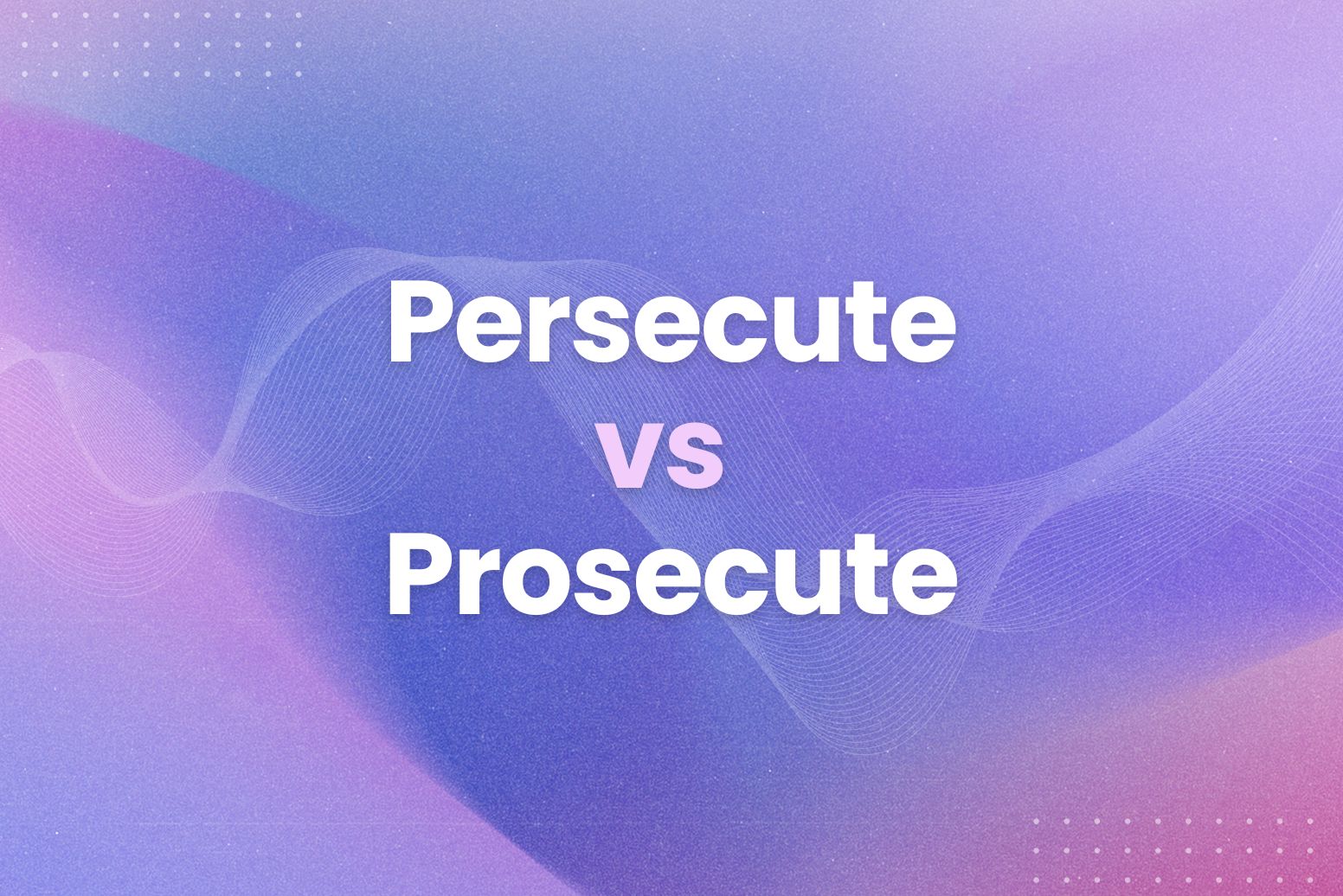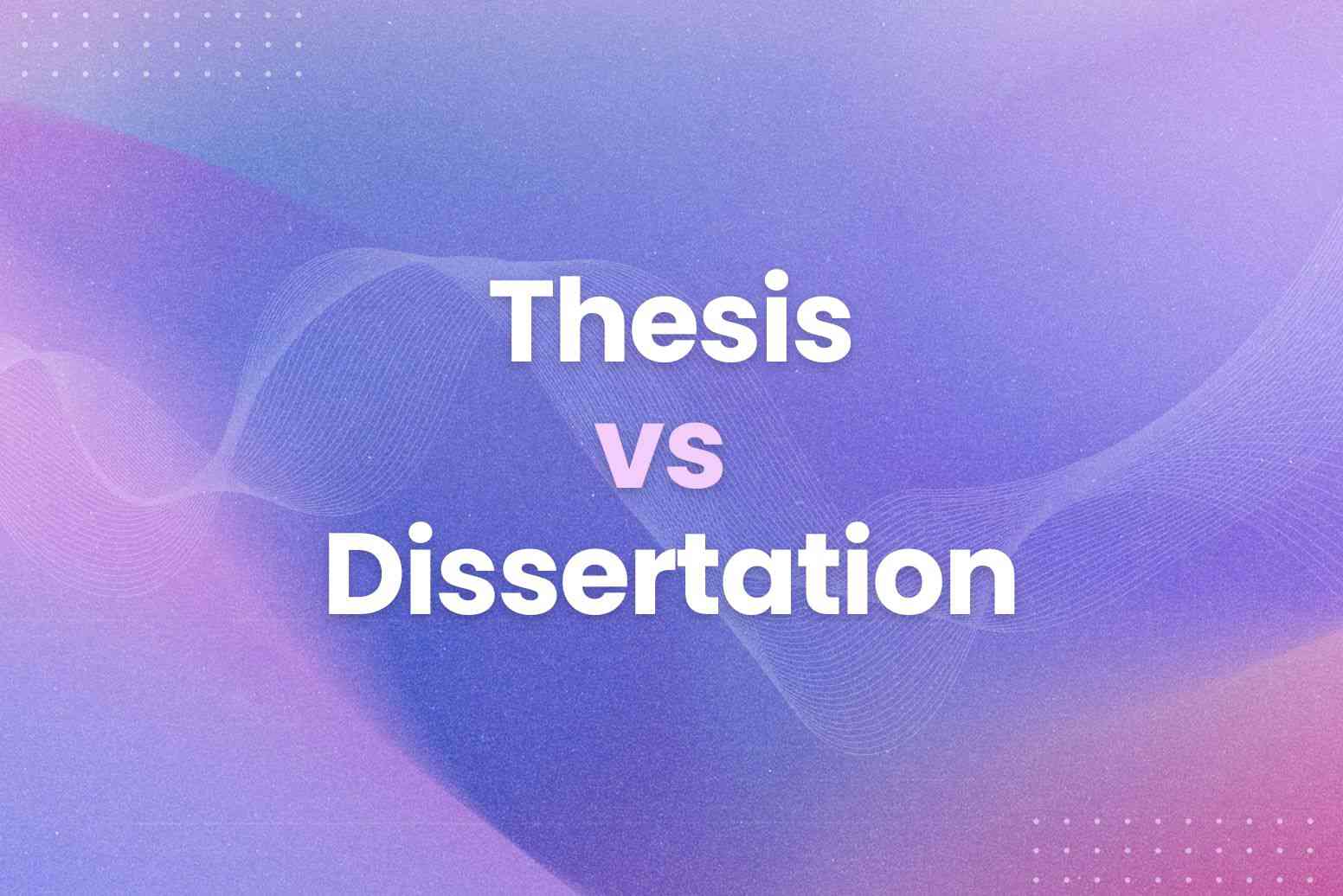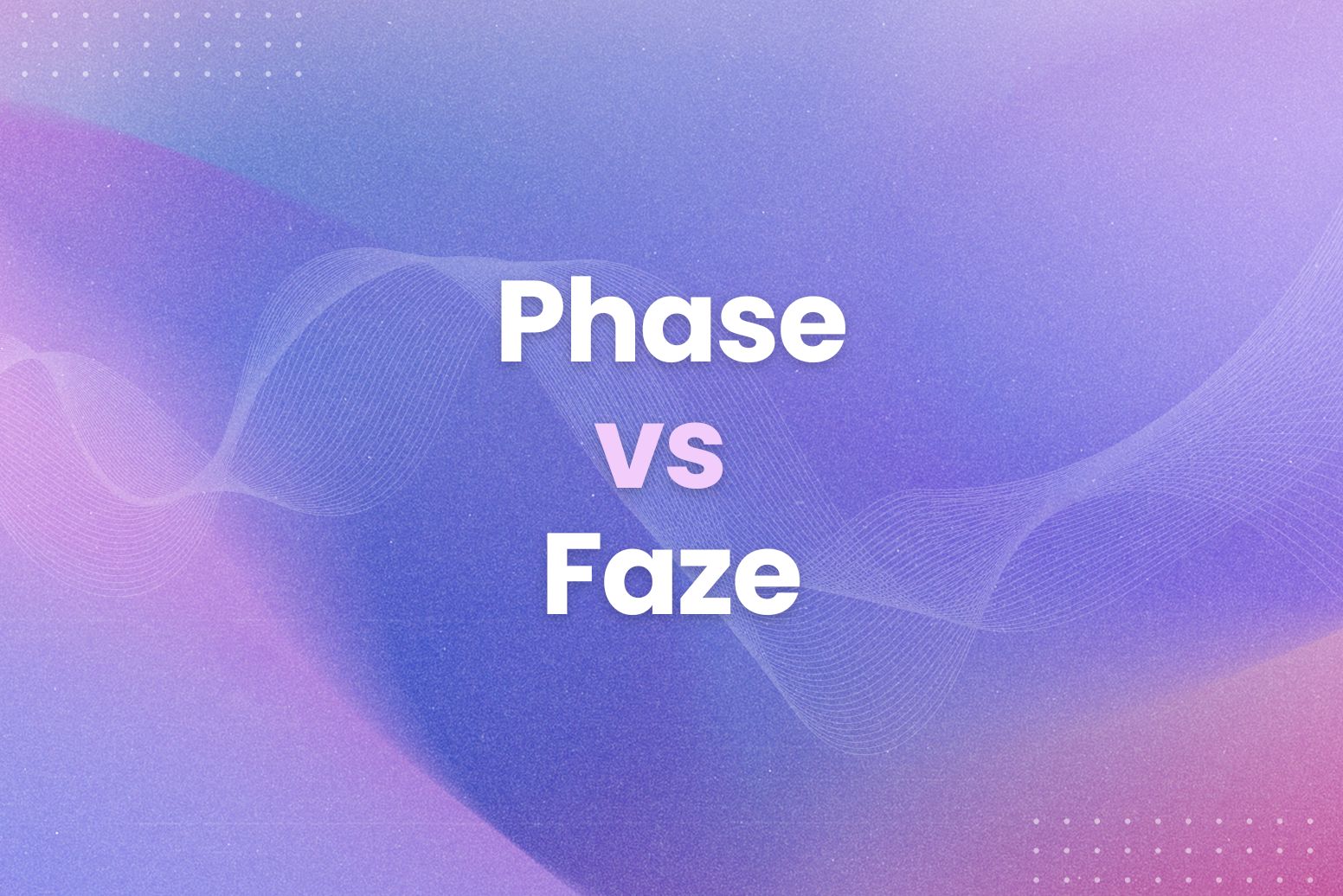Understanding the difference between persecute vs prosecute is not just about avoiding linguistic errors—it’s about being precise and thoughtful in how we communicate. Language shapes how we perceive events and actions, and using the wrong term can misrepresent intentions or facts.

Want to directly skip to using “persecute” or “prosecute” in your writing? Let Arvin AI’s free Grammar Checker help you.
Meaning of Persecute vs Prosecute
At first glance, the words persecution and prosecution may appear similar due to their shared Latin roots and similar pronunciation. However, they have entirely different meanings, contexts, and implications.
Definition: Persecute
The word persecute refers to the act of harassing, oppressing, or mistreating an individual or group, often relentlessly and unjustly. This term is used in scenarios involving discrimination, hostility, or oppression based on factors like religion, ethnicity, politics, or cultural identity.
Picture this: A group of people is being treated badly just because they think differently or follow a different religion.
That’s persecution. Basically, it’s about being bullied or attacked on a large, often systematic scale.
Usage: Persecute
Key Characteristics of Persecution
- Intent:
- The goal of persecution is to harm, intimidate, or marginalize others.
- Context:
- Frequently seen in historical and social contexts, such as the persecution of minorities or political dissidents.
- Emotional and Physical Harm:
- Persecution often results in severe psychological and physical suffering.
Examples of Persecute in Action
- Historical example:
- During the Middle Ages, individuals accused of heresy were persecuted by religious authorities.
- Modern example:
- People in certain countries continue to face persecution for their political beliefs, leading to displacement or exile.
Definition: Prosecute
Prosecute refers to initiating and conducting legal action against someone accused of a crime. It’s a term firmly rooted in the legal system and reflects the process of seeking justice through courts of law, designed to uphold laws and maintain order.
Usage: Prosecute
If someone breaks the law, they might get prosecuted. This means the legal system is trying to prove they’re guilty of a crime.
Key Characteristics of Prosecution
- Intent: The purpose of prosecution is to enforce the law by holding individuals accountable for their actions.
- Context: It is always associated with legal systems and judicial proceedings.
- Outcome: Prosecution may result in a conviction, acquittal, or dismissal of charges.
Examples of Prosecute in Action
- Legal example:
- A district attorney prosecutes a suspect accused of burglary by presenting evidence in court.
- High-profile example:
- Cases like corporate fraud or environmental violations often involve prosecution to ensure justice and compliance with laws.
Lastly, prosecution is a neutral term in itself—it simply describes the legal process, whether the accused is guilty or innocent.
How Persecute vs Prosecute Differ
| Aspect | Persecute | Prosecute |
| Definition | Harassment or oppression of someone | Legal action against someone |
| Intent | To discriminate, harm, or intimidate | To seek justice through legal means |
| Context | Social, cultural, or historical | Legal and judicial systems |
| Example | “He was persecuted for his beliefs.” | “She was prosecuted for fraud.” |
Examples of Persecute vs Prosecute
Examples of Persecute
- The Salem Witch Trials
- “The townspeople persecuted the women for being ‘witches,’ subjecting them to trials based on no real evidence.”
- Katniss Everdeen in The Hunger Games
- “The Capitol persecuted Katniss by targeting her family and allies to suppress her influence.”
- X-Men Franchise:
- “The X-Men were persecuted by humans who feared their powers, leading to constant conflict.”
Examples of Prosecute
- Harvey Dent in The Dark Knight:
- “Dent prosecuted Gotham’s mobsters, using legal evidence to dismantle their power structures.”
- Monica Lewinsky Scandal:
- “The prosecutors built their case against Clinton, focusing on his alleged lies under oath.”
- OJ Simpson Trial
- “The prosecution in O.J. Simpson’s trial argued that overwhelming evidence tied him to the crime.”
Mistaken Use of Persecute Instead of Prosecute
- Incorrect: The government will persecute the suspect for tax evasion.
- Why It’s Wrong: Persecute implies unfair treatment, which doesn’t align with the legal context of tax evasion.
- Correct: The government will prosecute the suspect for tax evasion.
- Incorrect: The authorities persecuted the accused thief in court.
- Why It’s Wrong: Persecution is about harassment or mistreatment, not formal legal action.
- Correct: The authorities prosecuted the accused thief in court.
Mistaken Use of Prosecute Instead of Persecute
- Incorrect: Many activists were prosecuted during the regime for their beliefs.
- Why It’s Wrong: Prosecute implies legal charges, but this is about unfair targeting based on beliefs.
- Correct: Many activists were persecuted during the regime for their beliefs.
- Incorrect: Religious minorities are often prosecuted in oppressive regimes.
- Why It’s Wrong: Religious minorities face persecution, not legal trials, in this context.
- Correct: Religious minorities are often persecuted in oppressive regimes.
What Is the Difference Between Persecution vs Prosecution?
Persecution refers to the unjust treatment, harassment, or oppression of an individual or group, often based on specific characteristics such as religion, race, political affiliation, or cultural identity. It is an action that stems from hostility and discrimination, and it typically results in significant emotional or physical harm to the victim.
Persecution is deeply tied to unfair treatment and is frequently associated with violations of human rights.

Want to keep up with real-world events that involve “prosecution” or “persecution”? Check out the News Insight Analyst.
Real-Life Example:
The persecution of the Jewish during the Holocaust stands as one of the most infamous examples of systemic persecution, where millions were targeted based on their ethnicity and religion.
On the other hand, prosecution is a legal term. It refers to the process of bringing formal legal action against an individual or entity accused of committing a crime. The prosecution is typically carried out by a prosecutor, who represents the state or government in court proceedings.
Real-Life Example:
In the famous Enron scandal, corporate executives faced prosecution for fraud and conspiracy, showcasing the use of prosecution to address white-collar crimes.
What Is the Difference Between Persecutor vs Prosecutor?
A persecutor is someone who harasses, oppresses, or mistreats another person or group, typically persistently and unjustly.
A prosecutor, on the other hand, is a legal professional who represents the government or state in a court of law. The prosecutor’s job is to present evidence and argue that the accused is guilty of a crime.
Side-by-Side Comparison: Persecutor vs. Prosecutor
| Aspect | Persecutor | Prosecutor |
| Definition | Someone who harasses or oppresses others unjustly. | A legal professional who takes legal action against alleged criminals. |
| Intent | To harm or discriminate. | To enforce the law and uphold justice. |
| Context | Social, political, or cultural oppression. | Courtrooms and judicial systems. |
| Connotation | Always negative. | Neutral; describes a professional role. |
| Examples | A tyrant oppressing minorities. | A district attorney prosecuting a criminal case. |
What Is the Difference Between Persecution and Punishment?
Although persecution and punishment may sound somewhat related because they both involve actions taken against individuals, they have vastly different meanings, intentions, and contexts.
Persecution is when someone is harassed or treated unfairly just because of who they are or what they believe in. It’s not about breaking rules or doing something wrong—it’s about someone being targeted for things like their religion, race, or opinions. Persecution is always wrong, and it’s usually driven by hatred or prejudice.
Key Points About Persecution:
- Intent: To harm or oppress someone without a fair reason.
- Context: Happens in society, politics, or religion.
- Examples: A group being attacked because of their beliefs or a person being harassed for their race.
Now, punishment is totally different. Punishment happens when someone breaks a rule or law and has to face the consequences. It’s supposed to be fair—like, it’s not random or done out of hate. Think of punishment as a way to hold someone accountable for what they did wrong.
Key Points About Punishment:
- Intent: To teach a lesson, correct behavior, or enforce justice.
- Context: Usually happens in courtrooms, schools, or at home.
- Examples: Getting fined for speeding or being grounded for coming home late.
Explain the Difference Between Prosecution vs Persecution
The words prosecution and persecution can trip people up because they sound similar and both involve someone being targeted in some way. But their meanings and contexts couldn’t be more different. One is a legal term, while the other is tied to unfair and cruel treatment.
What Is Prosecution?
Prosecution is all about the law. It refers to the process of charging someone with a crime and taking legal action against them in a court of law, to hold people accountable for their actions.
Key Features of Prosecution:
- Legal Context: It happens in courtrooms and is part of the justice system.
- Intent: To prove someone is guilty of a crime and enforce consequences.
- Carried Out By: A prosecutor (someone who represents the government or state).
Examples of Prosecution:
- A high-profile trial, like prosecuting corporate fraud, where evidence is presented in court.
- A prosecutor files charges against someone accused of theft.
Prosecution is neutral—it’s just a legal process, not something driven by personal bias or hatred.
What Is Persecution?
Persecution, on the other hand, is all about unfair treatment. It happens when someone is harassed, mistreated, or oppressed, usually because of things they can’t control, like their race, religion, political beliefs, or cultural identity.
Key Features of Persecution:
- Social Context: It happens in societies, governments, or groups, often outside the law.
- Intent: To discriminate, intimidate, or harm someone unfairly.
- Victims: People who are singled out for who they are or what they believe.
Examples of Persecution:
- Religious minorities being harassed or attacked for their beliefs.
- Political activists being targeted by oppressive governments.
Persecution is always negative and is considered a violation of basic human rights.
Persecute and Prosecute in a Sentence
Persecute: The regime was known to persecute political activists, forcing many to flee the country for safety.
Prosecute: The state decided to prosecute the individual for tax fraud, presenting substantial evidence in court.
Persecute vs Prosecute Examples
Persecute:
- During the Holocaust, millions of Jews were persecuted by the Nazi regime simply because of their ethnicity and religion.
- In the 1960s, leaders of the Civil Rights Movement, like Martin Luther King Jr., were persecuted for standing against racial injustice.
- LGBTQ+ individuals have been persecuted in various countries for their sexual orientation, facing harassment, imprisonment, or even death.
Prosecute:
- Members of President Nixon’s administration were prosecuted during the Watergate Scandal for crimes like conspiracy and obstruction of justice.
- Key executives from Enron were prosecuted for accounting fraud, which contributed to the company’s downfall in 2001.
- Derek Chauvin was prosecuted for George Floyd’s death, leading to his conviction for second-degree murder in 2021.
Persecute vs Prosecute California
In California, persecution typically refers to unfair treatment or harassment of individuals or groups based on their identity or beliefs. California’s diverse population means persecution may arise in cases involving discrimination or hate crimes.
Examples of Persecution in California:
- Immigrant Communities:
- Certain undocumented immigrants in California have reported persecution due to their immigration status, facing harassment or discrimination.
- Religious Discrimination:
- Members of minority religious groups in California, such as Muslims or Sikhs, may experience persecution in the form of hate speech, vandalism, or physical attacks.
- LGBTQ+ Rights:
- Although California is known for progressive LGBTQ+ policies, there are instances where individuals are persecuted in smaller communities or workplaces for their sexual orientation or gender identity.
Prosecution, in California, refers to the legal process where the state or a government entity files criminal charges against someone. Prosecutors, such as district attorneys (DAs), handle these cases. California’s legal system sees numerous high-profile prosecutions, especially due to its large population and significant industries.
Examples of Prosecution in California:
- Wildfire Cases:
- PG&E (Pacific Gas and Electric Company) has faced prosecution for its role in causing devastating wildfires, including cases involving fatalities and destruction of property.
- Celebrity Trials:
- High-profile prosecutions in California often involve celebrities, such as the case of O.J. Simpson in the 1990s or the more recent legal troubles of Harvey Weinstein in Los Angeles County.
- Hate Crimes:
- California prosecutors regularly handle hate crime cases to address acts of violence or harassment targeting minority groups.
How to Avoid Confusion Between the Two
- Persecution involves harassment or discrimination; think personal harm or oppression.
- Prosecution is about legal proceedings; think courtrooms and justice.
TLDR;
- Persecution relates to prejudice.
- Prosecution involves police and legal processes.
Final Words
Understanding the difference between persecute and prosecute is essential for clear communication, especially when dealing with sensitive topics or legal discussions.
While persecute refers to unfair treatment or oppression often rooted in prejudice, prosecute involves legal actions taken to uphold justice in a court of law. Using these terms correctly not only shows attention to detail but also demonstrates respect for the contexts in which they apply, and let us help you navigate these difficult subtleties.
FAQ
Persecute means to harass, mistreat, or oppress someone, often for their beliefs, identity, or culture. Whereas prosecute refers to the act of bringing legal action against someone in a court of law for committing a crime.
Legal persecution occurs when individuals or groups are unjustly targeted, harassed, or mistreated through misuse of legal systems or laws. This typically involves authorities using legal mechanisms to discriminate or oppress individuals unfairly.
Prosecute refers to legal proceedings against someone accused of a crime, aiming to prove their guilt in court. Whereas execute means to carry out or enforce a sentence (like the death penalty) or to perform an action, such as a plan.
It means to subject them to unfair treatment, harassment, or oppression, typically due to their religion, race, ethnicity, political views, or identity.
The dictator persecuted political dissidents, forcing many to flee the country. The state will prosecute the suspect for fraud in a court of law.






